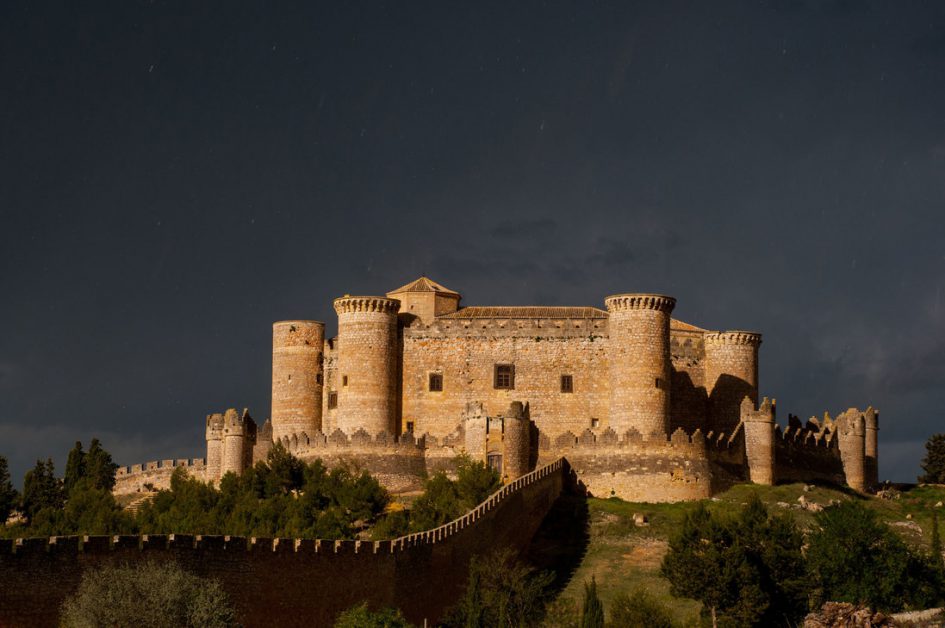 When I read Kafka’s The Castle, I was confused and utterly demoralized. Blythe readers may feel the same thing about 2/5ths of the way through. You’re in a surreal alternative world with typical American teens who become trapped in a bizarre, inescapable labyrinth of a kingdom, complete with large furry killing beasts.
When I read Kafka’s The Castle, I was confused and utterly demoralized. Blythe readers may feel the same thing about 2/5ths of the way through. You’re in a surreal alternative world with typical American teens who become trapped in a bizarre, inescapable labyrinth of a kingdom, complete with large furry killing beasts.
I didn’t finish The Castle with all of its nihilistic absurdity, but I’m very glad I finished Blythe because, thankfully, it has a point.
Just about that point where the reader will feel most clueless is when the author reveals the point behind the allegory and produces a literary metamorphosis. Suddenly everything starts falling into place and the aforementioned absurdities become profound commentary on the real world.
Kramer does this masterfully and while I’d like to see more of a solidified plot (a la The 90-Minute Effect) and perhaps more character development for the secondary characters, it is a very entertaining read. And it should satisfy most readers with its fantasy components, its compelling drama, and of course its sufficient supply of titillation.
One of my requirements for a great novel is the inclusion of substantive philosophical components and similar readers will enjoy Fr. Phillip’s thoughts on miracles and morality. The take on Jesus’s feeding the 5000 and his take on the complementarity of faith and reason were particularly interesting.
The book is well-written for the style and the numerous witticisms and profound one-liners will make for a great quote meme series.
The greatest strength of the book is the moral, which teaches the true meaning of love through forgiveness and charity over greed and lust. It’s one thing to put words together to make a bizarre story. It’s quite another to make a profound statement with that story.
You can score a chance to win a copy of Blythe on CatholicX!
 The Libertarian Catholic
The Libertarian Catholic
















